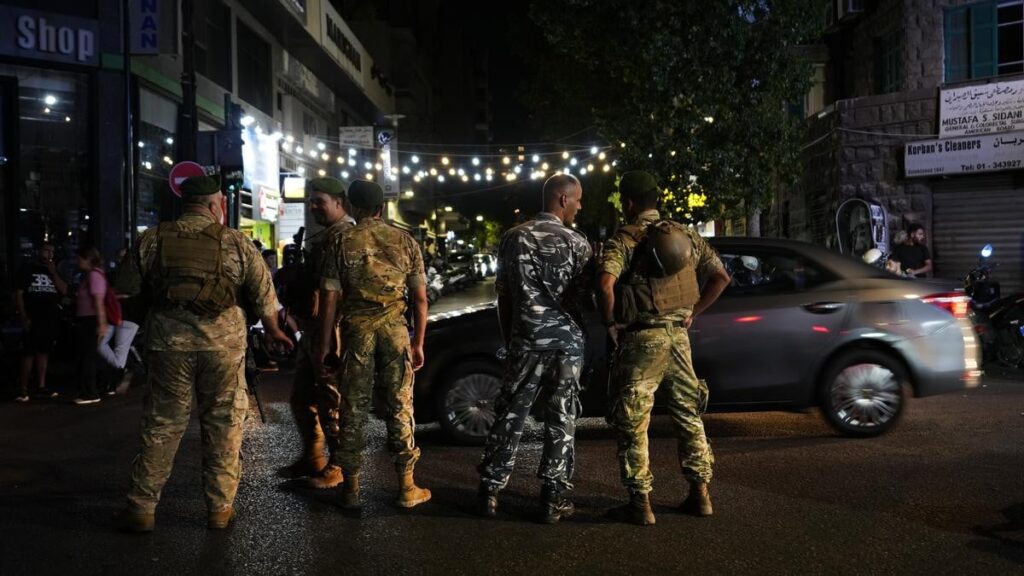A Taiwanese company, Gold Apollo, revealed on Wednesday that while its brand was authorised for the pagers involved in recent explosions in Lebanon and Syria, the actual manufacturing was done by a Budapest-based firm.
The pagers, used by the militant group Hezbollah, detonated almost simultaneously in Lebanon and Syria on Tuesday, resulting in at least nine deaths, including an 8-year-old girl, and injuring over 2,000 people.
Hezbollah and Lebanese authorities have accused Israel of orchestrating a sophisticated remote attack.
According to Gold Apollo, the AR-924 pagers, which were branded with their logo, were produced by BAC Consulting KFT in Budapest.
“Our agreement permits BAC to use our trademark for specific regions, but the design and production are entirely their responsibility,” a statement from Gold Apollo said.
Gold Apollo’s chairman, Hsu Ching-kuang, mentioned that the company has had a licensing deal with BAC for three years, though he did not provide details of the contract.
The explosions occurred around 3:30 p.m. on Tuesday, causing chaos as people shopping, dining, or driving experienced their pagers overheating and then exploding.
The blasts primarily affected areas with a strong Hezbollah presence, including a southern suburb of Beirut and the Beqaa region in eastern Lebanon, as well as Damascus.
The pagers, described as “rugged” and featuring a rechargeable lithium battery, had been promoted with up to 85 days of battery life.
This durability made them a preferred choice in Lebanon, where power outages are frequent.
The Lebanese security forces and a Hezbollah official, who requested anonymity, indicated that the pagers may have been tampered with prior to distribution.
The AR-924 model, which could receive texts of up to 100 characters, was advertised on Gold Apollo’s website before it was taken down following the incident.
Taiwan’s Ministry of Economic Affairs reported that Gold Apollo exported 260,000 pagers between early 2022 and August 2024, with over 40,000 exported this year.
However, the ministry noted there were no records of direct exports to Lebanon.
Hezbollah, which has long been wary of Israeli electronic surveillance, saw these pagers as a way to avoid detection.
Hezbollah leader Hassan Nasrallah had previously warned about the risks of mobile phones being used for surveillance, labelling them as “deadly agents.”



